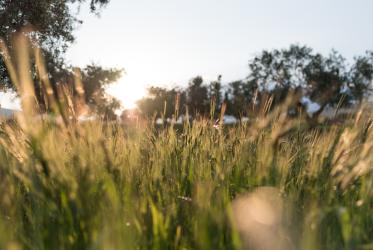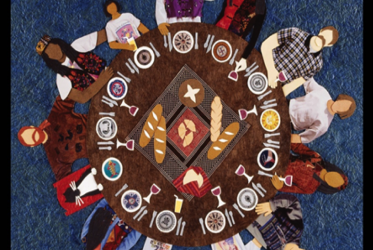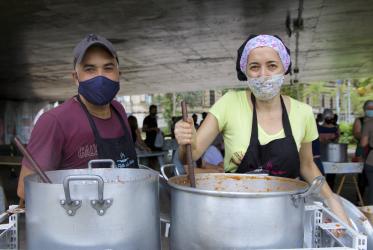Displaying 21 - 40 of 66
Assembly workshop looked toward ending AIDS epidemic by 2030
19 September 2022
Ukraine: Responding to humanitarian need
08 September 2022
Webinar: “Climate Justice, Food, and Faith”
09 November 2021
Webinar: Sustainable food systems to overcome hunger
08 October 2021

















